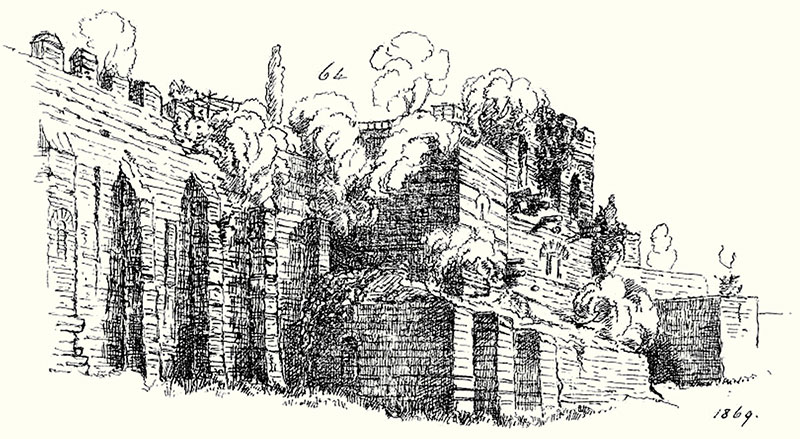My interest in Byzantine, Late-Antique, Levantine and Ottoman history isn't going away anytime soon. Here's an updated selection:
-
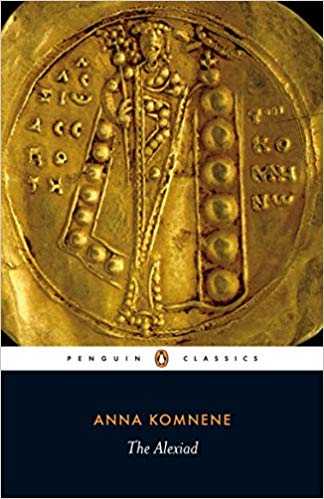
The Alexiad Anna Komnene
https://www.amazon.com/Alexiad-Penguin-Classics-Anna-Komnene/dp/0140455272
Written in the mid-12th c. by the daughter of Alexios Komnenos. Ostensibly sets out to protect his reputation for posterity; in bringing the period of the First Crusade to life, achieves much, much more. Also: the first ever history book by a woman.
-
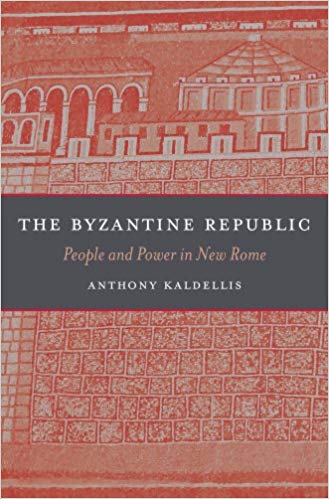
The Byzantine Republic: People and Power in New Rome Anthony Kaldellis
https://www.amazon.com/Byzantine-Republic-People-Power-Rome/dp/0674365402
Puts forward the surprising yet well-argued thesis that Byzantium did, in fact, retain Roman political roots. Byzantine Emperors ruled very much 'for the people' — or else.
-
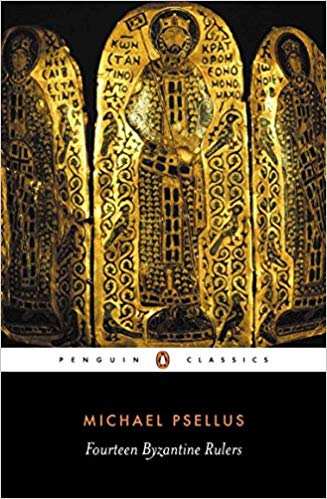
Fourteen Byzantine Rulers Michael Psellos
https://www.amazon.com/Fourteen-Byzantine-Rulers-Chronographia-Classics/dp/0140441697
A court advisor's vainglorious first-hand account of the disastrous period immediately following Basil II's hard-fought reconquests. The biases on display are glaring and amusing. A great book to read before or alongside 'The Alexiad'.
-
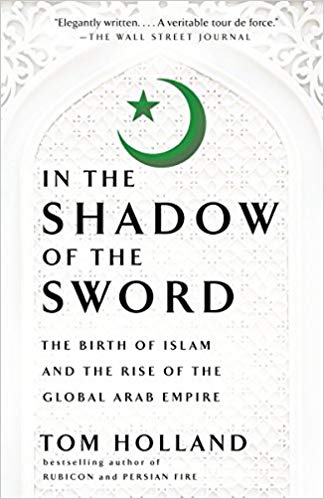
In the Shadow of the Sword: The Birth of Islam and the Rise of the Global Arab Empire Tom Holland
https://www.amazon.com/Shadow-Sword-Birth-Global-Empire/dp/0307473651
How Arab raiders overran the wealthiest parts of the Roman Empire and the entire Sasanian Empire in a few years. Holland's overly-dramatic prose can get repetitive, but the subject matter is too enthralling to put down.
-
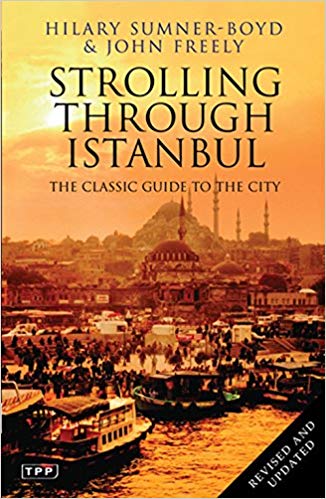
Strolling Through Istanbul: The Classic Guide to the City Hilary Sumner-Boyd
https://www.amazon.com/Strolling-Through-Istanbul-Classic-Paperbacks/dp/1848851545
Updated version (2010) of this celebrated 1970s guide to the city's many layers, starting with contemporary Istanbul before delving deeper and deeper into the past.
-
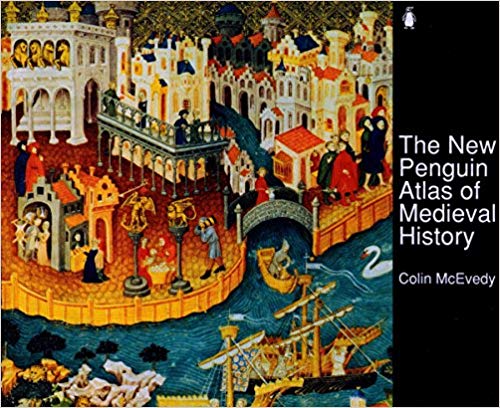
The New Penguin Atlas of Medieval History Colin McEvedy
https://www.amazon.com/New-Penguin-Atlas-Medieval-History/dp/0140512497
The medieval world's wild territorial fluctuations, mapped and annotated from the 4th to the 14 c. Pre-requisite: an opinion on what neat lines and borders mean in a world before the nation-state.
-
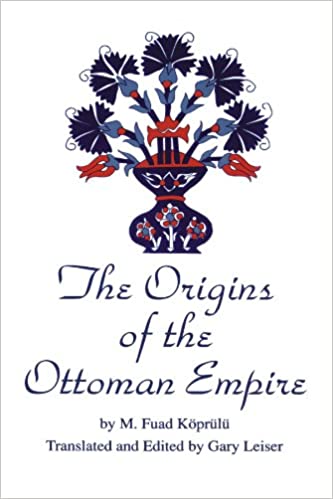
The Origins of the Ottoman Empire M. Fuad Koprulu
https://www.amazon.com/Origins-Ottoman-Empire-Economic-History/dp/0791408205
This short book quickly dismisses the legends surrounding the rise of the House of Osman in favor of a much more plausible narrative. While the other post-Seljuk Beyliks boxed themselves into Anatolia, only the Ottomans had room to expand — into Byzantium.
-
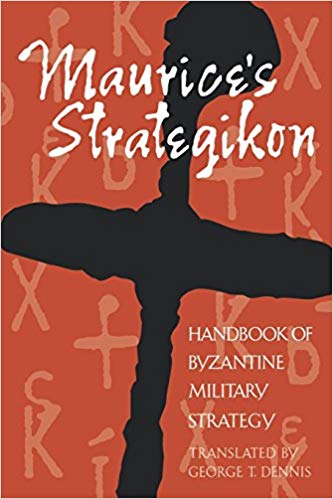
The Strategikon Flavius Mauricius Tiberius Augustus
https://www.amazon.com/Maurices-Strategikon-Handbook-Byzantine-Military/dp/0812217721
'A rather modest elementary handbook', the manual of war that defined Roman military tactics as the age of standing armies was coming to an end. The ethnographic run-down of Byzantium's enemies' strengths and weaknesses is priceless.
-
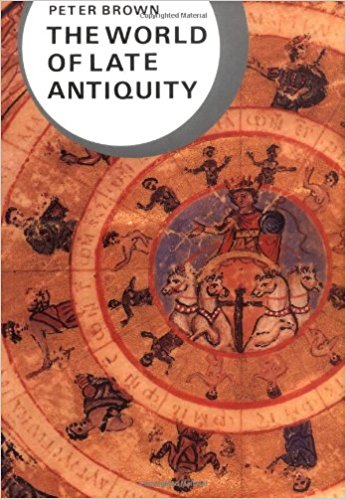
The World of Late Antiquity Peter Brown
https://www.amazon.com/World-Late-Antiquity-150-750-Civilization/dp/0393958035
Extraordinary read that shifts your perception of a dark 'fall' of the Roman Empire to that of a vivid world in transition. The defining book on Late Antiquity.
-
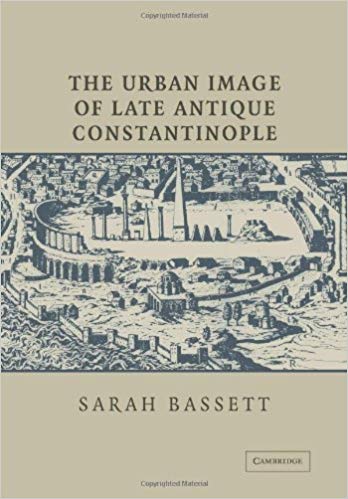
The Urban Image of Late Antique Constantinople Sarah Bassett
https://www.amazon.com/Urban-Image-Late-Antique-Constantinople/dp/0521030846
Constantinople's monuments, described and situated within the ideological framework of the new capital. If this site ever deserved an accompanying book, this would be it.
-
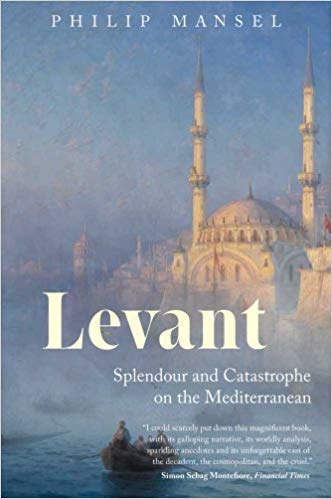
Levant: Splendour and Catastrophe on the Mediterranean Philip Mansel
https://www.amazon.com/Levant-Catastrophe-Mediterranean-Philip-Mansel/dp/030018171X
Colorful snapshots of 16th-20th c. life in Smyrna, Beirut and Alexandria. Beyond the repetitive theme of combustible cosmopolitanism, I found Mansel's structure a little chaotic.
